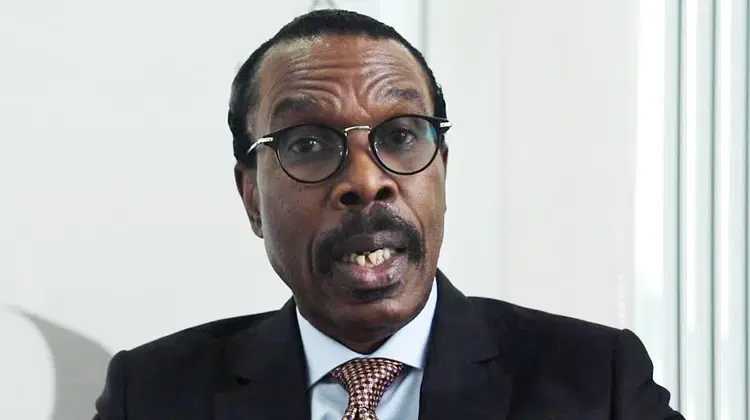The Manufacturing Association of Nigeria has projected a bleak outlook for the country’s manufacturing sector in the fourth quarter of 2024.
The Director General of MAN, Segun Ajayi-Kadir
voiced concerns that current economic conditions offer no relief for manufacturers, who are grappling with increasing production costs and declining sales, according to The Punch.
Ajayi-Kadir painted a grim picture for Q4, going by the sector’s performance in the third quarter, saying, “Earlier in the year, we imagined that the second half would be better… But rather than experience an upswing, we have continued to have a depression.”
Ajayi-Kadir highlighted rising interest rates, high diesel prices, and increased electricity tariffs as significant challenges facing the manufacturing sector.
These factors have contributed to a modest 8.46% growth in the real gross domestic product in Q2 2024, underscoring the pressures manufacturers are currently facing.
The manufacturing sector’s contribution to real GDP growth has declined, falling from 8.62% in Q2 2023 to 8.46% in Q2 2024, and down from 9.98% in Q1 2024.
“The interest rate has continued to be increased, the exchange rate didn’t improve, and we had an increase in electricity tariff,” Ajayi-Kadir said, emphasising that those factors had combined to depress the sector’s growth.
He added, “We may be looking at a repeat performance if not a worse performance of the sector in the last quarter of the year.
“We have just finished the third quarter and from the reports we are getting from our members, there is no improvement in their performance.”
MAN previously outlined its members’ challenges in the Manufacturers Confidence Composite Index report for H1 2024, emphasizing the negative effects of rising interest rates.
Last month, the Monetary Policy Committee of the Central Bank of Nigeria raised the interest rate by 50 basis points, increasing it to 27.25% from 26.25%.
This marks the fifth interest rate hike by the CBN this year as it adopts a hawkish approach to combat the country’s persistent inflation.
The MAN DG also identified energy costs as a major concern for the sector, as he noted that while there had been a slight reduction in diesel prices, largely due to the Dangote refinery, the costs remained burdensome for manufacturers.
“We have seen an improvement… but the cost is still high,” he said.
Ajayi-Kadir noted that recent economic developments, such as the naira-for-crude sale agreement between the Nigerian National Petroleum Company and the Dangote Refinery, have the potential to improve the sector’s performance in Q4 2024.
This deal could provide some relief amid the ongoing challenges facing manufacturers.
He said, “The sale of crude oil in naira only began just a few days ago. So, it may be too early to say what the outcome will be. But generally speaking, it should reduce the pressure on forex. That is the most important thing. So, there will be more availability in the domestic economy.”
The MAN DG emphasized that improving manufacturing sector performance relies on policy stability and reducing the volatility of supply and prices.
He highlighted that these factors are crucial for creating a more favorable environment for manufacturers to thrive.
“We are looking forward to a moderation, at least, in the volatility of supply… to see a possibility that the price will not get worse than it is now,” Ajayi-Kadir said, explaining that stable costs would help manufacturers better manage logistics and production expenses.











